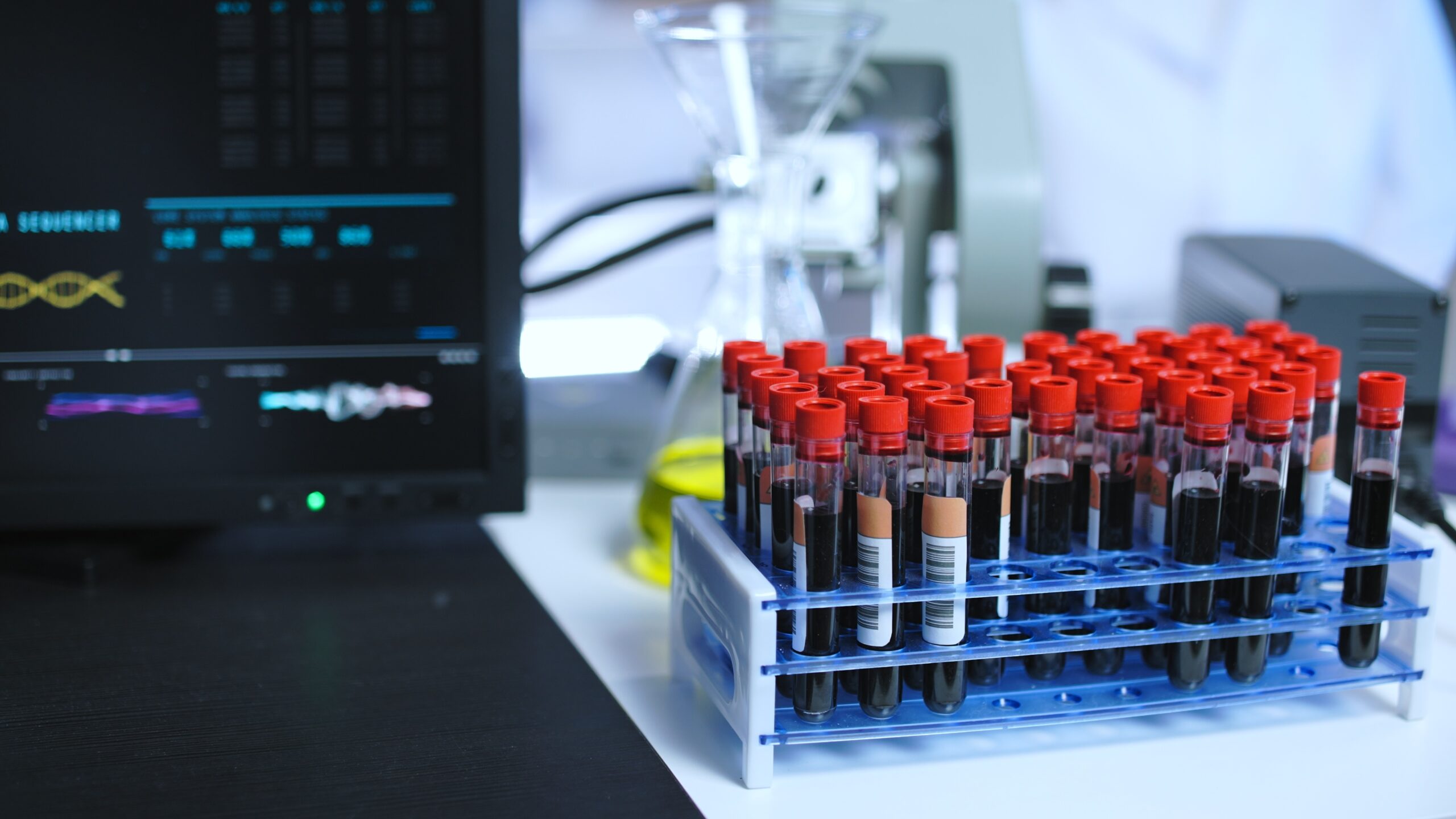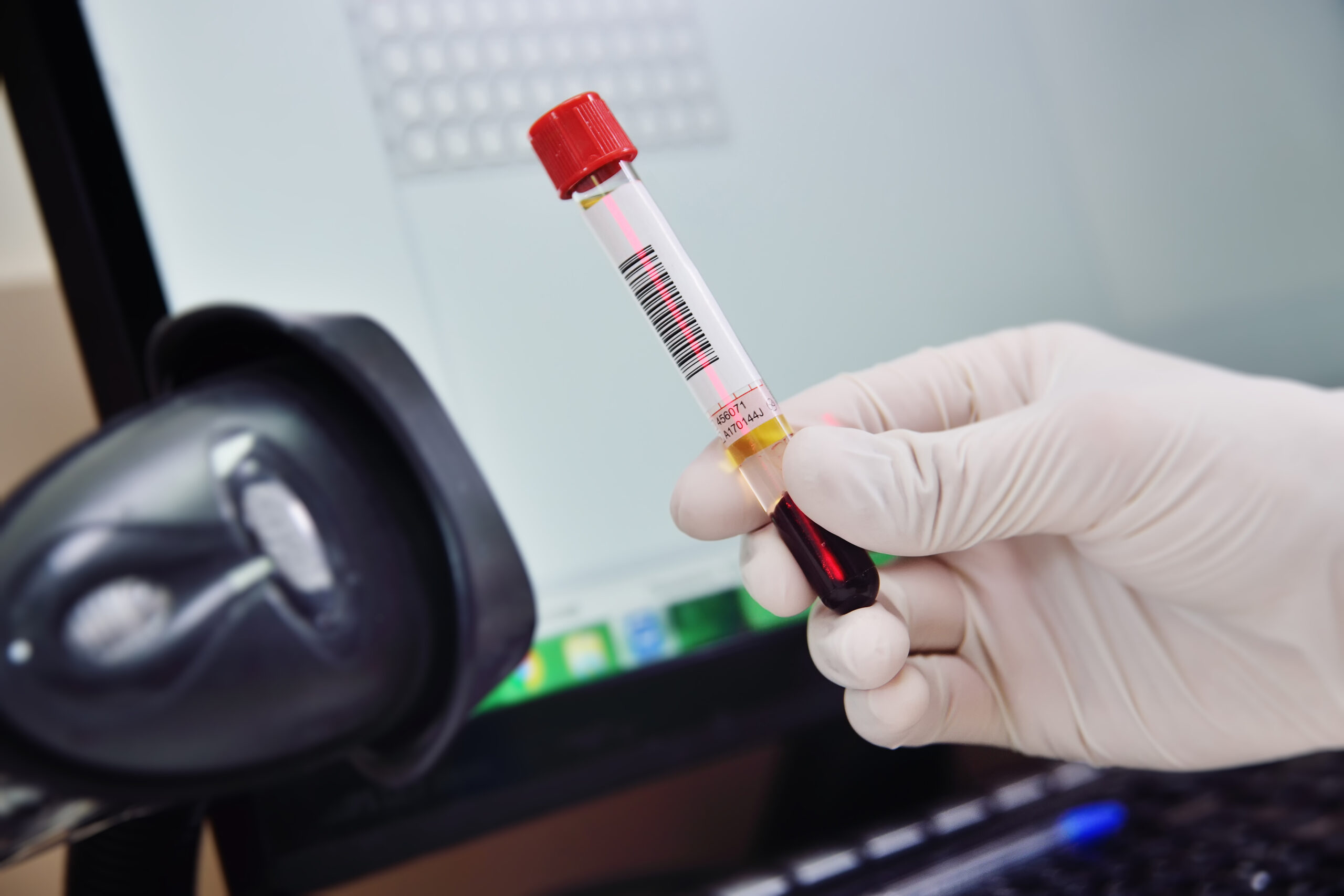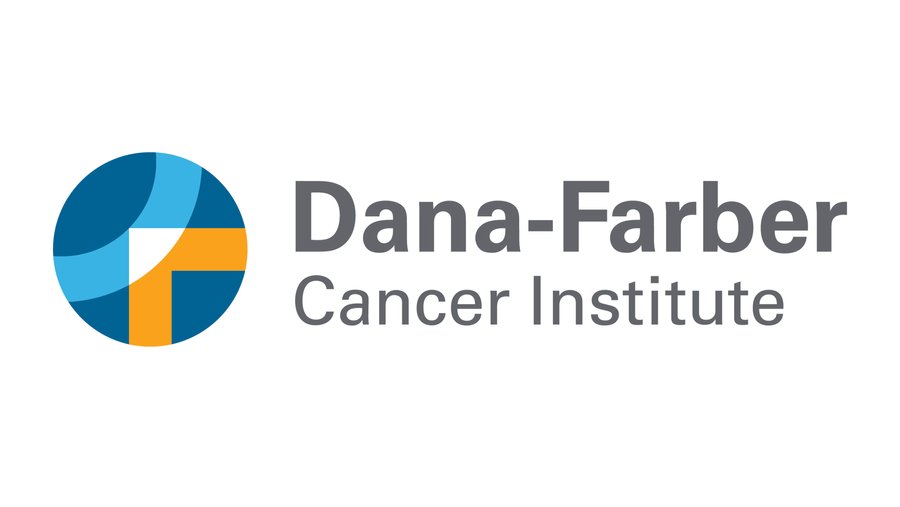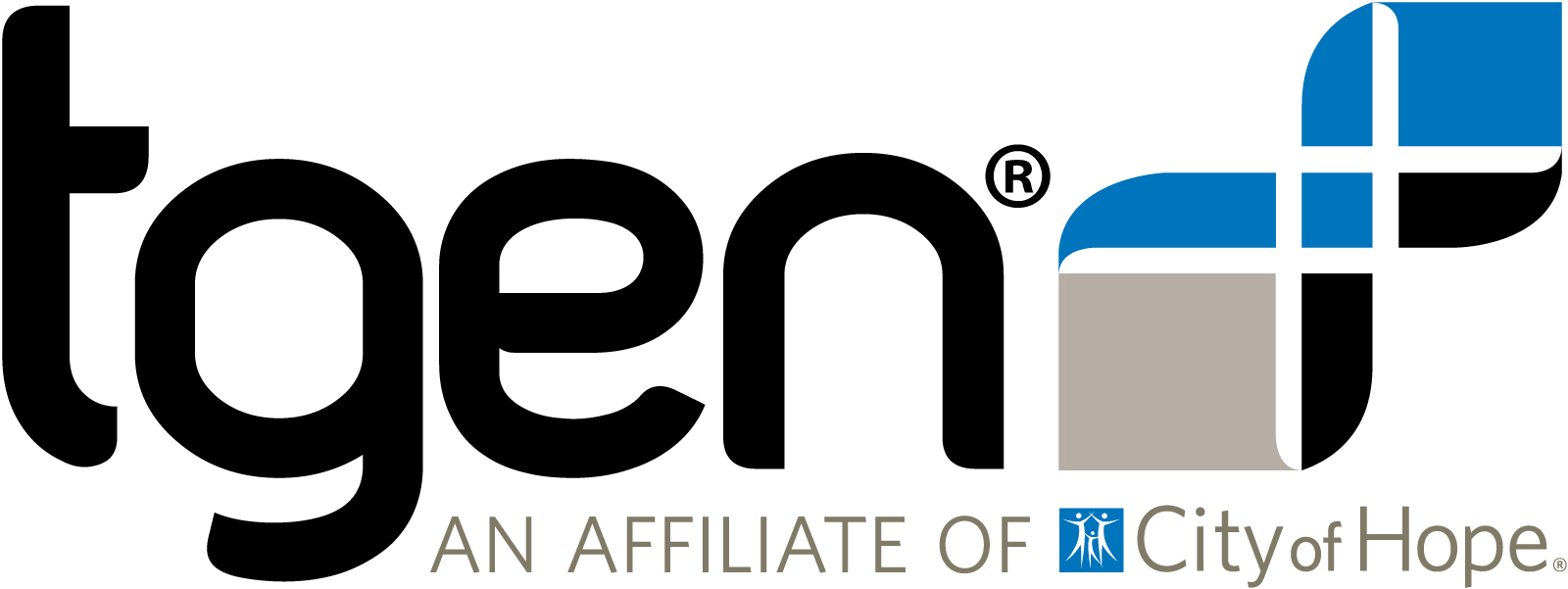Harnessing AI for the Early Detection of Pancreatic Cancer
More than 50% of pancreatic cancers are diagnosed at stage 4, which is why survival rates for this disease are so low. There is very little known about the causes of pancreatic cancer and there are currently no effective screening tests for the disease.
By increasing the number of patients who are diagnosed in the earlier, more treatable stages of this disease, we can ultimately see survival rates improve. Early detection has been noted as an unmet need for the clinical and research communities and is one of our biggest funding priorities.

Recent genetic analyses on pancreatic cancer indicated that the genetic timeline for progression of this disease from initiation to terminal metastases is nearly two decades, suggesting a wide window of opportunity for early detection.
For many years, research into early detection has primarily focused on circulating biomarkers of early pancreatic cancer in the blood. To make a real, measurable impact, it is necessary to localize early disease with imaging, which can be incredibly challenging.
Artificial Intelligence-based Integration of Imaging and Blood-Based Algorithms for Early Detection of Pancreatic Cancer
Dr. Eugene J. Koay, Associate Professor in the Department of Gastrointestinal Radiation Oncology at MD Anderson Cancer Center, and Dr. Anirban Maitra, scientific director of the Pancreatic Cancer Research Center at MD Anderson, have formed a collaboration of leading experts from across North America to improve early detection and overall outcomes for this disease with artificial intelligence (AI).
Together, they have established the first multi-institutional imaging repository for early stage and pre-diagnostic pancreatic cancer imaging. With access to 1,300 cases and approximately 2,000 age and gender matched controls, the collaborative has developed computational algorithms for pancreatic cancer detection that are now ready for validation.
Drs. Koay and Maitra’s team aims to take this study to new levels by using AI to integrate imaging and blood-based biomarkers for a one-two punch in the early detection of pancreatic cancer.
What the researchers hope to gain from this study:
- Real-world imaging data and blood biomarkers to better understand how quantitative tools (radiomics/AI) can be used to detect pancreatic cancer at an earlier, curable stage.
- Identification of new biomarker targets and insights into biology and use of radiomics/AI.
- New intellectual property and alliances with industry and foundations to accelerate the translation of their discoveries to patient care.
- The opportunity to test advanced imaging methods in patients at high risk of pancreatic cancer.

This project was initiated through a collaboration of major academic hospitals to combine “pre-diagnostic” computed tomography (CT) images for pancreatic cancer. This collaboration included leading experts in early detection of pancreatic cancer from:

316-4211 Yonge Street
Toronto, ON M2P 2A9
Toll Free: 1-888-726-2269
info@pancreaticcancercanada.ca
Charitable Registration Number 84870 1967 RR0001










